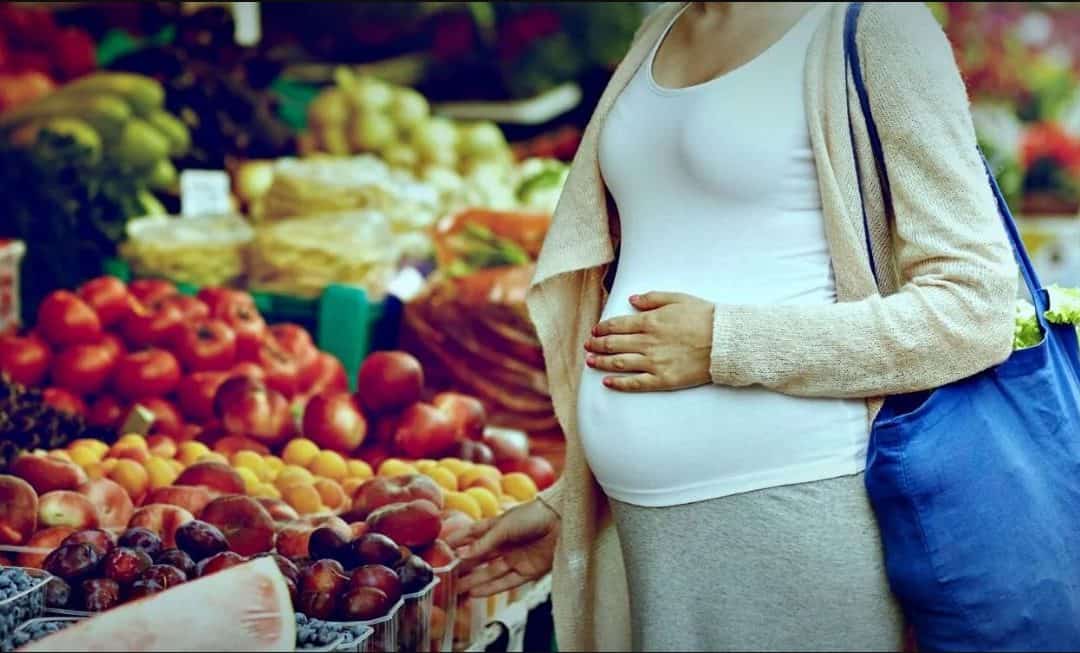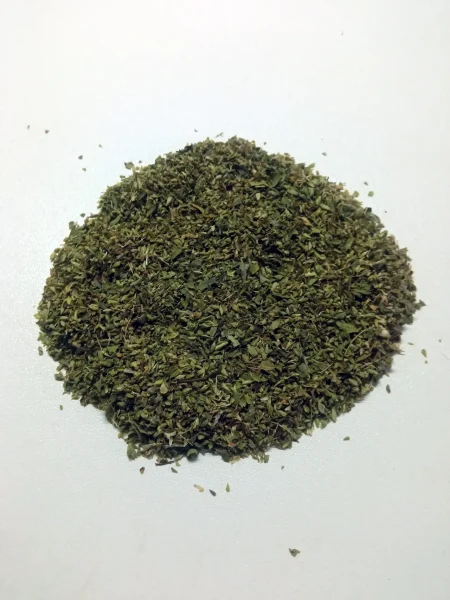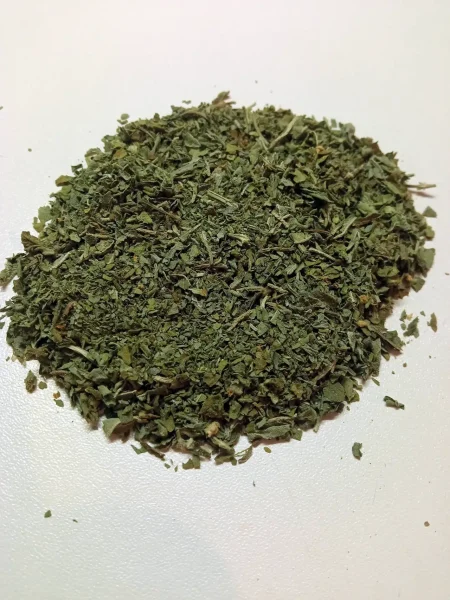A new study suggests that women who ate a diet rich in fresh fruit and vegetables, fish, high-quality olive oil, whole grains and legumes and low in red meat increased their chances of getting pregnant and achieving a live birth by 65-68 percent.
The study, published in the Human Reproduction Journal, suggested that a Mediterranean diet may significantly increase the chances of women undergoing fertility therapy to become pregnant and give birth to a live baby.
Adherence to this healthy dietary pattern may help increase the chances of successful pregnancy and delivering a live baby.
– Nikos Yiannakouris, Harokopio University
Participating women who ate a diet rich in fresh fruit and vegetables, fish, high-quality olive oil, whole grains and legumes and low in red meat increased their chances of getting pregnant and achieving a live birth by 65-68 percent compared with women who didn’t adhere to a Mediterranean diet.
Women who registered at the Assisted Conception Unit for their first IVF treatment were asked to complete a food frequency questionnaire. The form asked how often they had eaten certain types of food in the six months leading up to their IVF appointment.
The Results
The study determined that women whose MedDiet score was high had a live birth rate of 48.8 percent compared to women who had the lowest scores and a birth rate of just 26.6 percent. Women in the highest scoring group also achieved a pregnancy rate of 50 percent compared to just 29 percent in the lowest scoring group.
The study was carried out in Athens and assessed the diet of 244 non-obese women aged 22 to 41 who were having IVF treatment for the first time. The research focused on overall diet rather than specific food groups or individual foods.
A Note by the Researcher
The research was led by associate professor Nikos Yiannakouris at the Department of Nutrition and Dietetics at Harokopio University of Athens.
“The important message from our study is that women attempting fertility should be encouraged to eat a healthy diet, such as the Mediterranean diet, because greater adherence to this healthy dietary pattern may help increase the chances of successful pregnancy and delivering a live baby,” Yiannakouris said.
Participants were divided into three groups according to their score. The first group was made up of 79 women whose scores ranged from 18 to 30. The second group contained women who scored between 31 and 35. The third group contained 86 participating women with scores of between 36 and 47.
The Mediterranean Diet is Here to Help!
The study found that for women younger than 35 years old, every extra five points scored from the MedDiet increased their prospects of becoming pregnant and giving birth to a live baby by 2.7 times.
Yiannakouris also added that in a separate study, men’s diet and lifestyle were found to be just as important as women’s for couples trying to conceive a baby. In that study, the Mediterranean diet was linked to better quality semen, significantly higher sperm concentration, higher sperm count, and sperm motility.
Although a favorable effect of the Mediterranean diet was only evident in women under 35, Yiannakouris stressed that this didn’t mean eating a healthy diet was less important for older women. Additional research is needed among older women, obese women, and women who conceive naturally.
No association was determined between the MedDiet and improved chances of successful pregnancies or live births in women aged 35 and older. This may be due to a number of factors affecting this age group which could overshadow the effects of the diet. Influencers may include fewer eggs being available and hormonal changes taking place.
This was an observational study that linked the effect of the Mediterranean diet to improved chances of becoming pregnant. The researchers believe that intervention studies now need to be conducted to determine exactly how and why the Mediterranean diet is effective so nutritional guidelines can be developed for women seeking IVF.
With a Pinch of Salt
The researchers stressed that their findings can’t be generalized to all women trying to conceive, obese women or women attending other fertility clinics. They also explained that although their study indicated that a Mediterranean diet was linked to improved IVF outcomes, they cannot say that it was the cause of higher rates of pregnancy and birth.










